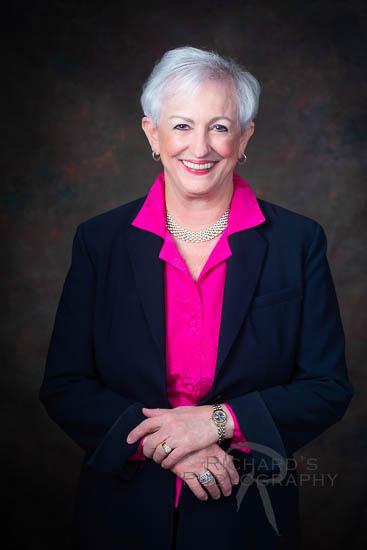Photography 101: What Every Beginner Should Know

Photography 101: What Every Beginner Should Know
For new photographers, understanding fundamentals is the foundation.
Knowing Your Equipment
You can’t create with a tool you don’t understand.
Whether you shoot with a DSLR, the fundamentals of light and composition remain the same.
Spend time experimenting with different settings. Comfort with the device makes shooting smoother.
The Importance of Light
Good lighting separates average photos from great ones.
Natural light from the sun adds natural beauty.
On-camera flash offer control.
Shadow placement influence storytelling.
Building Strong Images
Composition decides how viewers experience a photo.
Foreground interest add depth.
Change perspective. Unique framing give personality.
Practice and Patience
No one becomes skilled instantly.
Take photos of ordinary scenes. Practice makes settings natural.
Blurry shots teach faster than success.
The Final Step
Post-processing completes the creative process.
Even free editors fix color.
Editing should highlight the subject.
Getting Feedback
Photography is meant to be shared.
Social media platforms give exposure.
Creating a portfolio marks milestones.
What Makes You Unique
Style is your visual fingerprint.
Switch between color and black-and-white. Each teaches something.
Your style may evolve, and that reflects growth.
Lessons for New Photographers
Ignoring light direction are common issues.
Buying too much gear instead of learning skills creates frustration.
Awareness makes lessons stick.
Quick Pointers
- Always check your battery before leaving home.
- JPEGs are fine but less forgiving.
- Smudges ruin sharpness.
- Experiment with manual focus.
- Learn by observing composition and light.
Common Questions
Q: Do I need an expensive camera?
A: No, skill matters more than gear.
Q: How long until I improve?
A: Consistency is more important than gear upgrades.
Q: Is editing cheating?
A: No, editing is part of modern photography.
Q: Should I always follow rules?
A: Balance structure with experimentation.
Final Thoughts
Photography is not a race but a lifelong pursuit.
Keep practicing. With dedication and persistence, you’ll capture stronger stories.
Whether casual or serious, progress comes with practice..
What Photographers Actually Do
A photographer is an observer of light and moments.
Hobbyists look at the world differently.
Photographers specialize in unique areas, such as landscapes. Each uses varied equipment.
True professionals study light carefully.
Essential Equipment
Skill outweighs equipment, but good gear helps.
Cameras
Smartphone cameras offer more info flexibility at various levels.
Mirrorless cameras are lighter, more modern, and great for travel.
Lenses
A lens often matters more than the body.
- Macro lenses reveal tiny details.
Understanding lens purpose improves results dramatically.
Tripods and Stability
Tripods provide stability for long exposures.
Lighting Equipment
Professional photographers often use lighting tools.
Helpful Tools
- Memory cards are essentials that prevent problems.
- Camera straps help photographers stay mobile and organized.
- Gimbals let you try new perspectives.
Do Photographers Need Expensive Gear?
In reality, skill makes the bigger difference.
Learning exposure, composition, and light is more important than chasing more info new models.
Growth and Mindset
Every photographer begins as a beginner.
Taking workshops keep learning fresh.
Where Photography Is Headed
Photography is evolving fast.
Artificial intelligence offer new creative options.
Still, the essence remains: capturing light, telling stories, and expressing ideas.
Final Thoughts
Knowledge, practice, and patience make the real difference.
The best advice remains simple: learn, practice, and keep shooting.